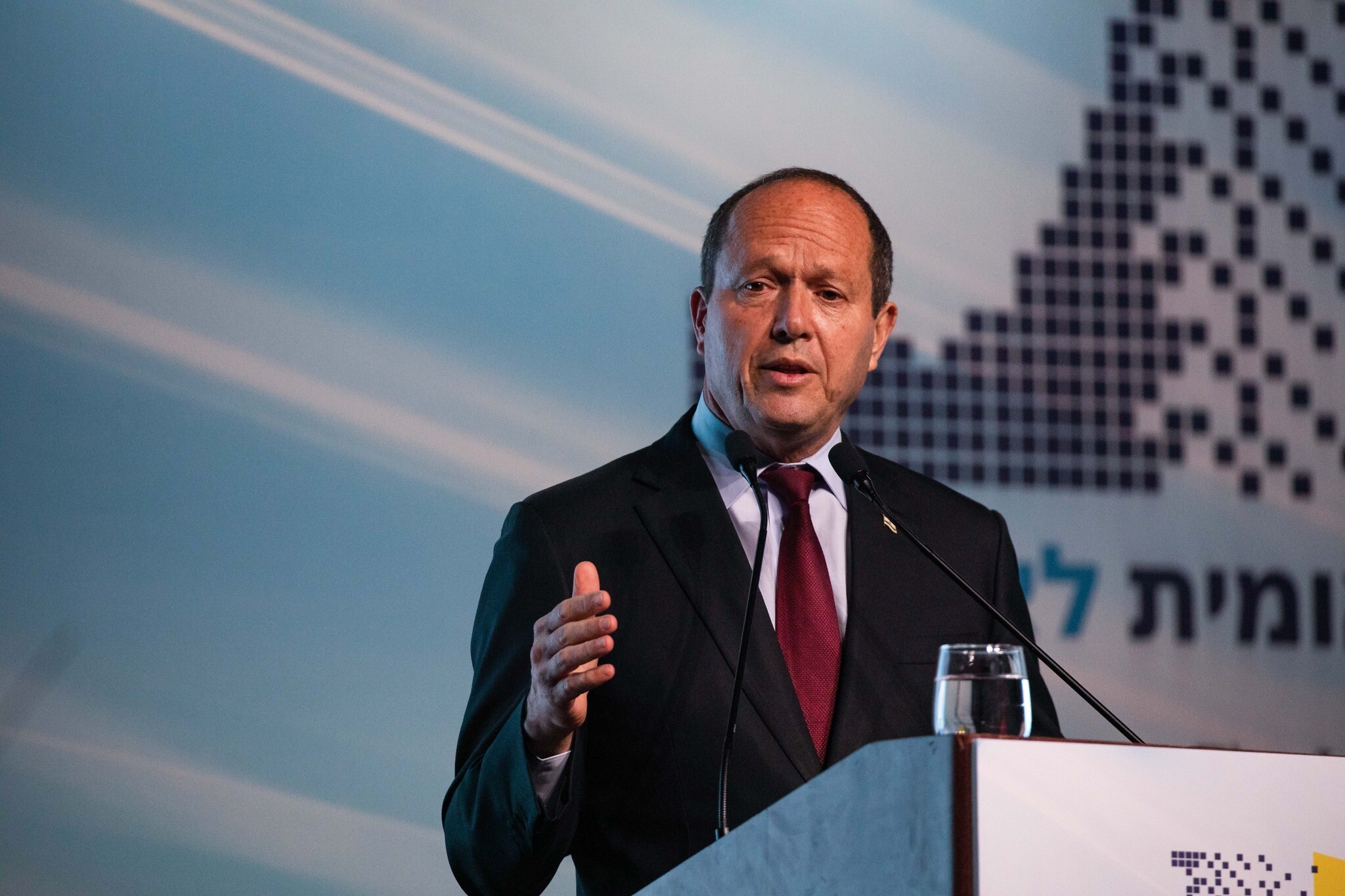Abu Dhabi, United Arab Emirates– Israel’s economy minister on Tuesday said trade relations with Arab states had not been affected by the Gaza war, the cost of which he added his country was able to bear.
“There is no change at all” in trade relations, Nir Barkat told journalists on the sidelines of the World Trade Organization’s 13th ministerial meeting in Abu Dhabi.
“Things are very stable… I think the leadership understands we have the same goal, which is to collaborate in a peaceful way.”
When asked about Israel’s economic losses due to the war, Barkat said it could add “anywhere between 150 to 200 billion shekels ($42-55 billion)” to the country’s national debt.
“That’s not something Israel cannot bear mid- to long-term,” he said.
In January, Israel’s cabinet approved an additional 55 billion shekels ($15 billion) to meet the cost of the war, while the mobilization of reservists and the displacement of communities on the borders with Gaza and Lebanon have disrupted the economy.
Israel’s relentless offensive in Gaza that the Hamas-controlled territory’s health ministry has killed at least 29,878 people, mostly women and children.
Confronted with the conflict, Arab countries that have normalized relations with Israel in recent years have been forced to balance diplomacy with fiercely pro-Palestinian Arab public opinion.
They include the United Arab Emirates, which normalized ties with Israel in 2020 as part of the US-brokered Abraham Accords.
Barkat said the Gaza war could help Israel boost sales of military technology, noting there is “high interest” from many countries, without specifying if Arab states were among them.
“Especially after this war we are probably going to be leading many, many initiatives… of how next-generation warfare is going to look like,” he said.
“Anybody that thinks they are threatened by regimes of Iran then they would have to tap us to better understand what we have learnt and what the solutions and security challenges are,” he added.
“We are way ahead of everyone.”

